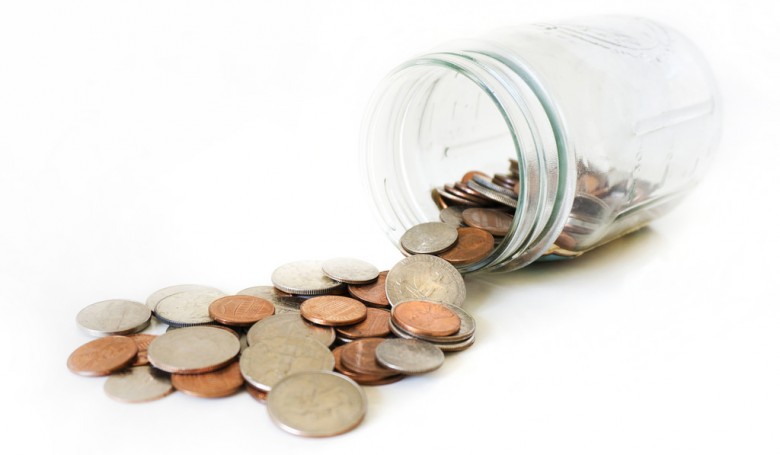Are Your Finances “Red-Lined”?
A constant struggle in any household is finances. As soon as you get some money, it burns a hole in your wallet and disappears. On many occasions, getting debt free then leads to accumulating more and higher debt. Just like a yo-yo diet, debt can have the same effect.
Red Line Finances
The term “red-line finances” comes from Robert Kiyosaki’s book, Cashflow Quadrant. The following is an excerpt:
In the world of cars, there’s a saying about “keeping the engine at red line.” “Red line” means the throttle is keeping the RPMs of the engine close to the red line, the maximum speed the car’s engine can maintain without blowing up.
Many people, rich and poor, operate constantly at the financial red line of their personal finances. No matter how much money they make, they spend it as fast as it comes in. The trouble with operating your car’s engine at the red line is that the life expectancy of the engine is shortened. The same is true with operating your finances at the red line.
Several of my doctor friends say that one of the main problems they see today is stress caused by working hard and never having enough money. One says that the biggest cause of health disorders is something she calls “cancer of the wallet”.
Are You Red Line on Your Finances?
We are consumers and the American economy is driven by consumers. Are you consuming more than you can afford? Are you carrying the burden of financial stress?
Know Your Enemy
The first step to controlling your money is knowing everyone is out to get your money. The fancy ad about the new car, the bikini women in the beer ads; they’re out to get your money. Watch a little less commercial television and you’ll immediately begin to save money.
Banks and credit card companies are in this too. Today, money is cheap to borrow. That makes it easy for you to borrow and to get yourself in a bad spot. The banks do not care about you and the credit card companies have already planned for you to not repay your debt. They are profit driven businesses and they do a good job at making a profit.
You can counter this by saving and planning.
Have a Plan
Budgeting is not easy. It takes a team and getting everyone on the same page. You have to lead to budget. Set aside time weekly to review your cash flow for the week. Did you meet your budgeted numbers? If you exceed them, then why? Are the expenses in question new or unexpected? Should they be in your budget? Continue to ask questions and adjust. Your budget is a living document and can be fine tuned over time.
If you don’t know where to start, there are plenty of resources online. You can use online tools like Mint. It’s likely your bank has tools available online or in apps that can quickly put a budget together based on your past spending habits. You can also go the traditional method of taking cash and separating it into envelopes labeled for each expense. When the envelope runs out, you’ve met your budget for the month.
Delay Gratification and Save
A budget will keep you on track to spend within your means. If you’re looking into a purchase that is outside of your budget, then it’s time to save. Borrowing money should be saved for houses or starting a business. Even then, if you have the ability to pay in cash, you would be better off.
Instead of using a credit card or a loan from the bank, plan for your trips and major purchases. Budget for your savings and use your savings to pay in cash for a car, boat, nice vacation. We’re no longer conditioned to wait for our rewards. If you were lucky, you would get gifts for Christmas and for your birthday. Now we treat ourselves and others whenever we feel the need. You can plan for the next 20+ years what you will need to live, what trips you wish to take, where you want to live, what you want to drive. Have a plan and reward yourself with the purchase once you have reached your goal.
Good Luck
Budgeting and staying within your limits is not easy. However, with debt comes burden. Financial stress is real and the “cancer of the wallet” is like a dripping faucet into a cup. For a while, you’re okay, but at a certain point, the cup will overflow. Stay within your means, spend wisely on what matters most and enjoy freedom from this stress.








Leave a Comment